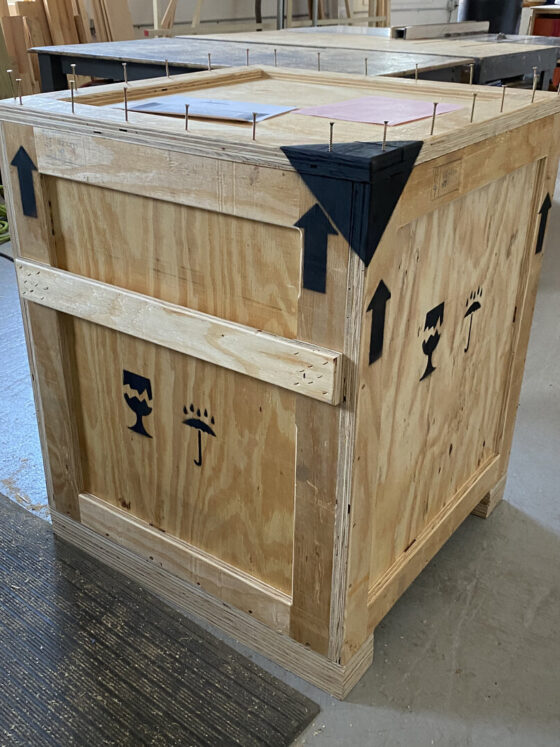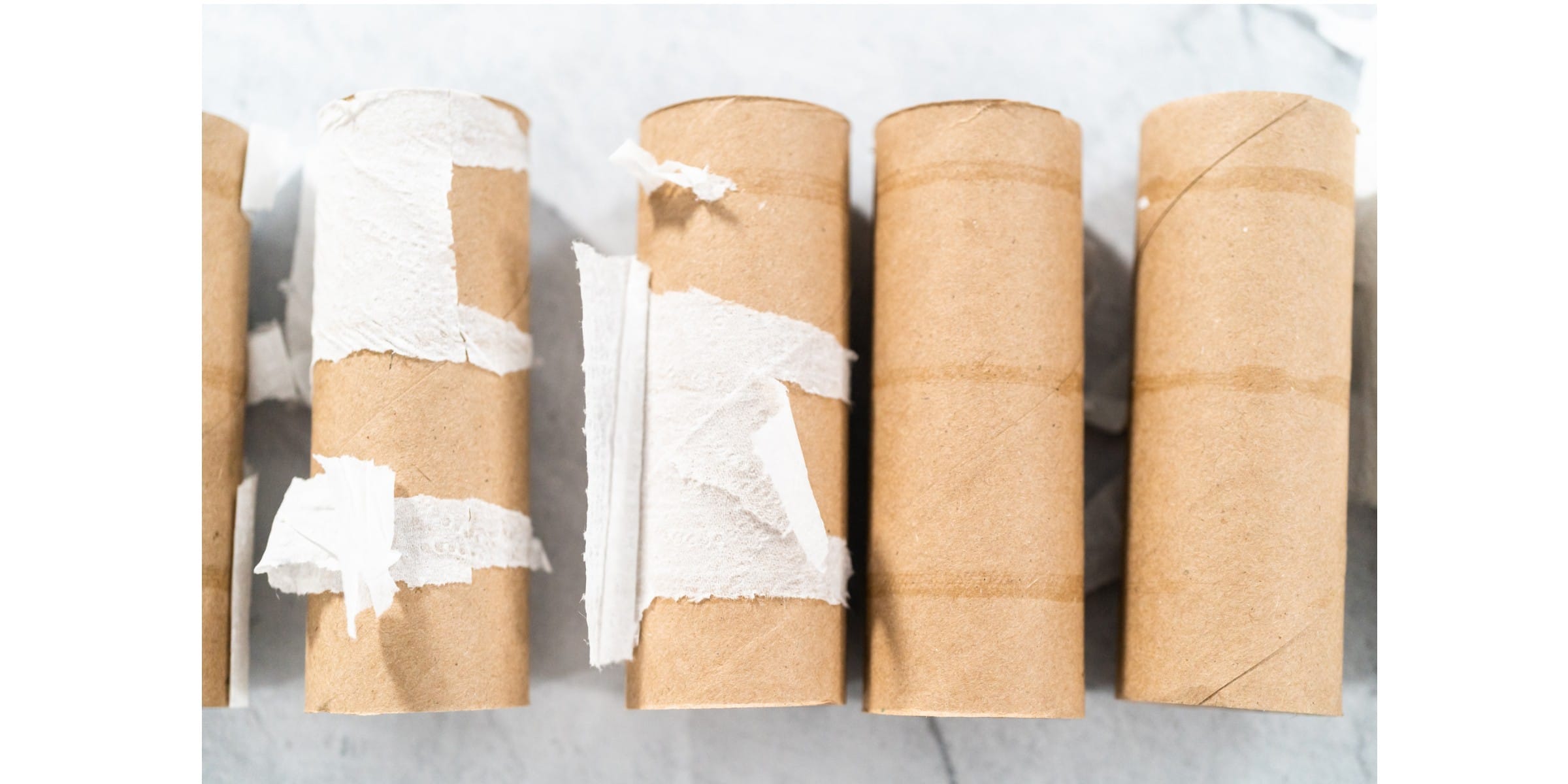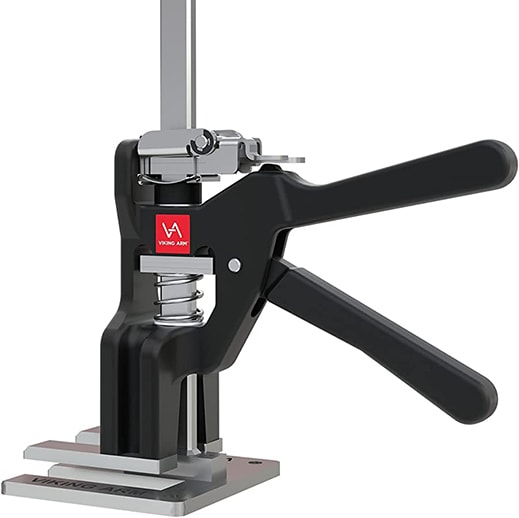EXHIBIT TIPS FROM AROUND THE WORLD
This is an extended version of an article that appeared in the January/February 2014 issue of ASTC’s Dimensions magazine
ON PRODUCING EXHIBITS IN A DEVELOPING COUNTRY
There is a widespread movement in many developing countries in the last decade to promote scientific knowledge among the general public through science centers and museums. Interactive exhibits require special characteristics in developing countries. Because resources are very limited, exhibits should be produced at the lowest costs, with maximum durability to avoid high rates of exhibits depreciation. Strict safety precautions must be applied, as children in developing countries are not used to science centers and may use exhibits in unexpected ways.
The Planetarium Science Center, Bibliotheca Alexandrina, Alexandria, Egypt, represents an example of a science center that has a good level of exhibit design and fabrication skills and has overcome tight financial resources. Over the past 10 years, our main concern has been to build a qualified team in the field of design and fabrication of interactive exhibits. This team is aware of community concerns, interests, formal science curricula, and the needed pedagogical approach to maximize the visitors’ benefit from the exhibits and accompanying activities. To acquire hands-on exhibit design and fabrication production skills and experience, several training sessions were held in collaboration with international professional corporations.
Doing the design and fabrication processes in house using local materials may be 10% of the cost of buying the end product directly. Also, we seek partners to co-design and fabricate exhibitions rather than renting high-cost exhibitions. Our exhibition quality is getting closer to international standards through experience and avoiding repeating errors.
Reem Sabry, head of the Design and Fabrication Section, Planetarium Science Center, Bibliotheca Alexandrina, Alexandria, Egypt





Leave a Reply
You must belogged in to post a comment.